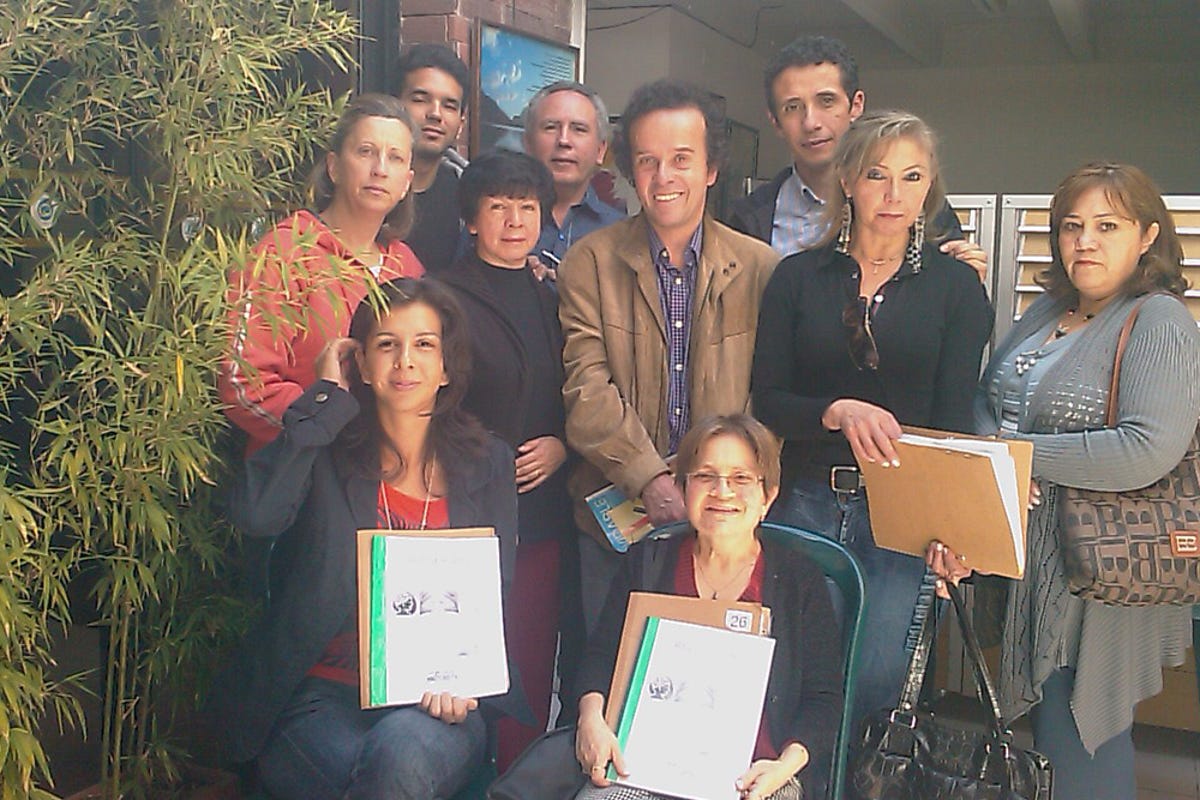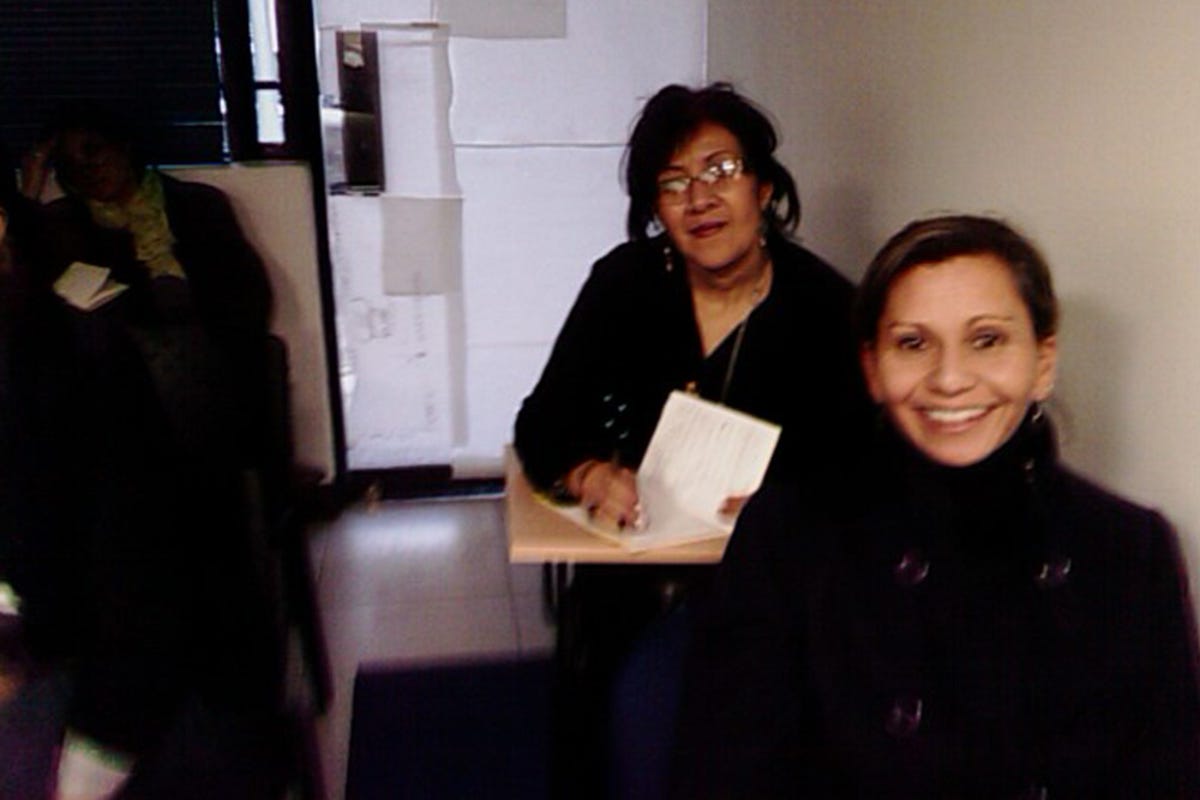Fellow Portrait
Elizabeth Ojeda Gómez
Almemories
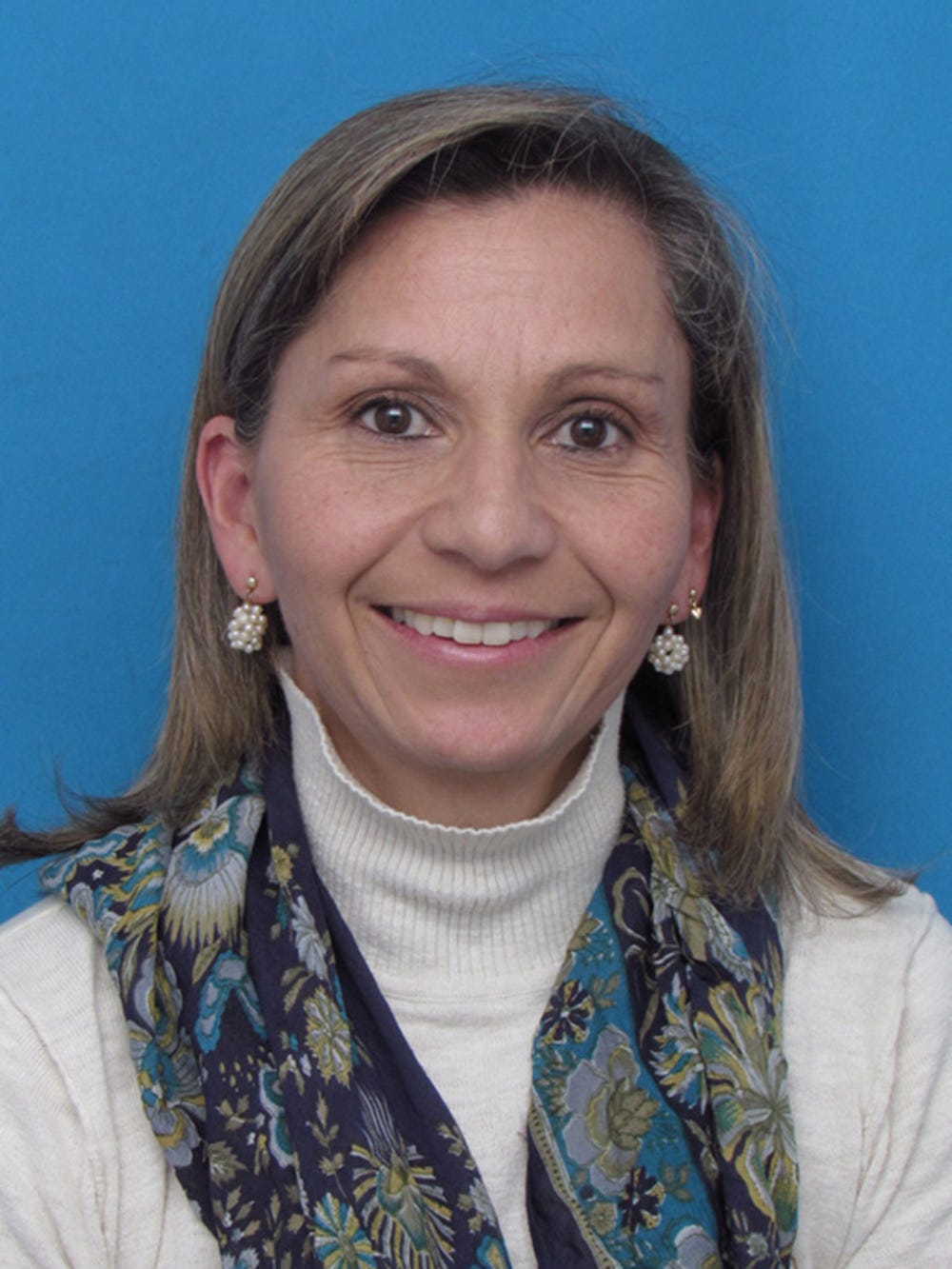
Promotes and develops tools and services to support Alzheimer patients and their carers.
Latin America and the Caribbean
COLOMBIA
Fellow
2012
Updated March 2012
In 2001, Elizabeth Ojeda’s father was diagnosed with Alzheimer’s disease. ‘He was 75 when diagnosed, but he’d had the disease for two years; often sufferers are not be diagnosed for much longer.’ As anyone confronted with the disease knows, its effects are stressful and devastating on patients and families. Elizabeth’s experience was no exception. ‘It’s terribly hard. You watch the person you love losing their memory, their faculties, their mind.’
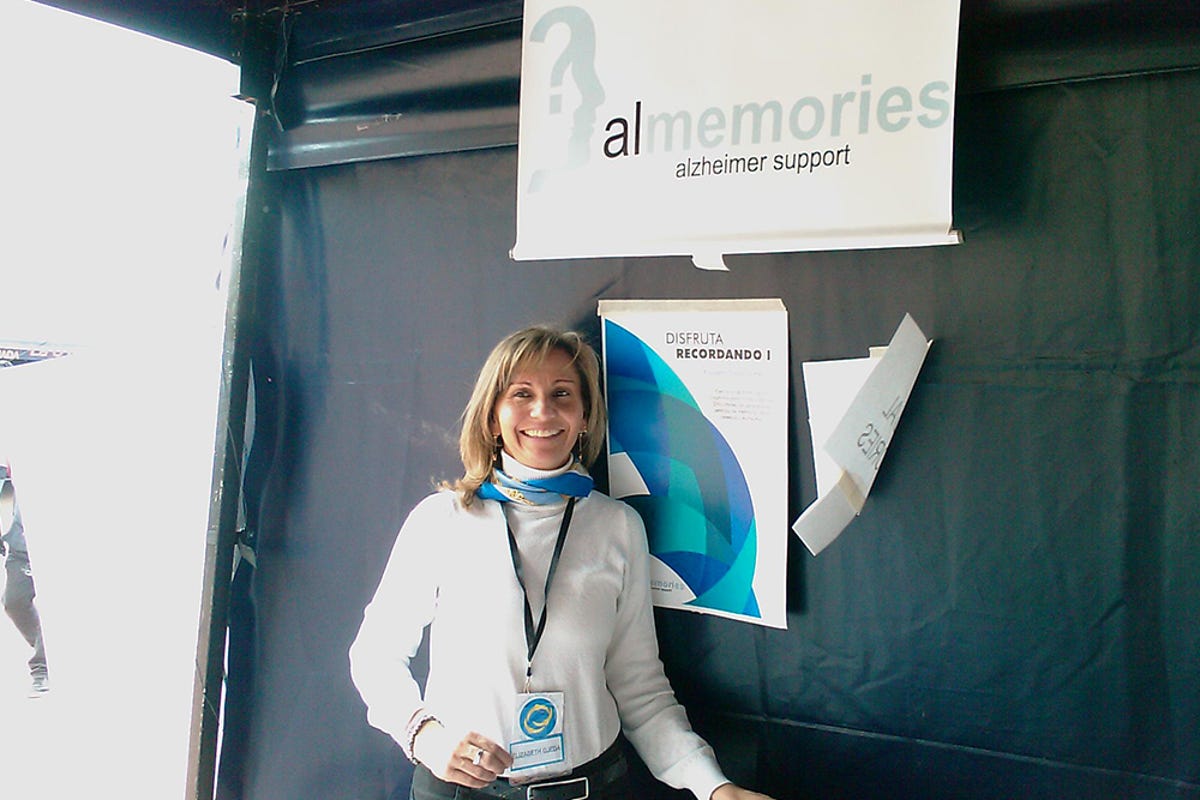
24-hour care
Alzheimer’s disease is a neuro-degenerative disease and the most common form of dementia in the world, generally affecting people over 65. The early symptoms, such as forgetfulness, are frequently mistaken for old age, hence why diagnosis can be a long time coming. Most crucially, there is no cure. The disease worsens over time, affecting the patient’s language, memory, behaviour and personality, with mood swings, withdrawal and sometimes even aggression; meanwhile, their needs will grow to requiring 24-hour care.
‘The truth is, it’s like watching a person revert to infancy, in need of constant teaching, care and stimulation,’ says Elizabeth. ‘But they’re not children and although they may be losing cognitive function, in the early stages they know that they are losing control. They need to be guided through it.’ A trained psychologist who has worked in diverse fields, from human resources to flower crop management, Elizabeth could not stand to see her father degenerate. When she could not find the appropriate tools in Colombia to help him – she found some in Spain, ‘but they were too wordy and confusing’ – she decided to make them herself, setting up Almemories to provide tools and services to Alzheimer sufferers and their carers.
The exercises are also designed to aid elderly sufferers in remembering important events in their lives, since losing these memories can be most distressing.
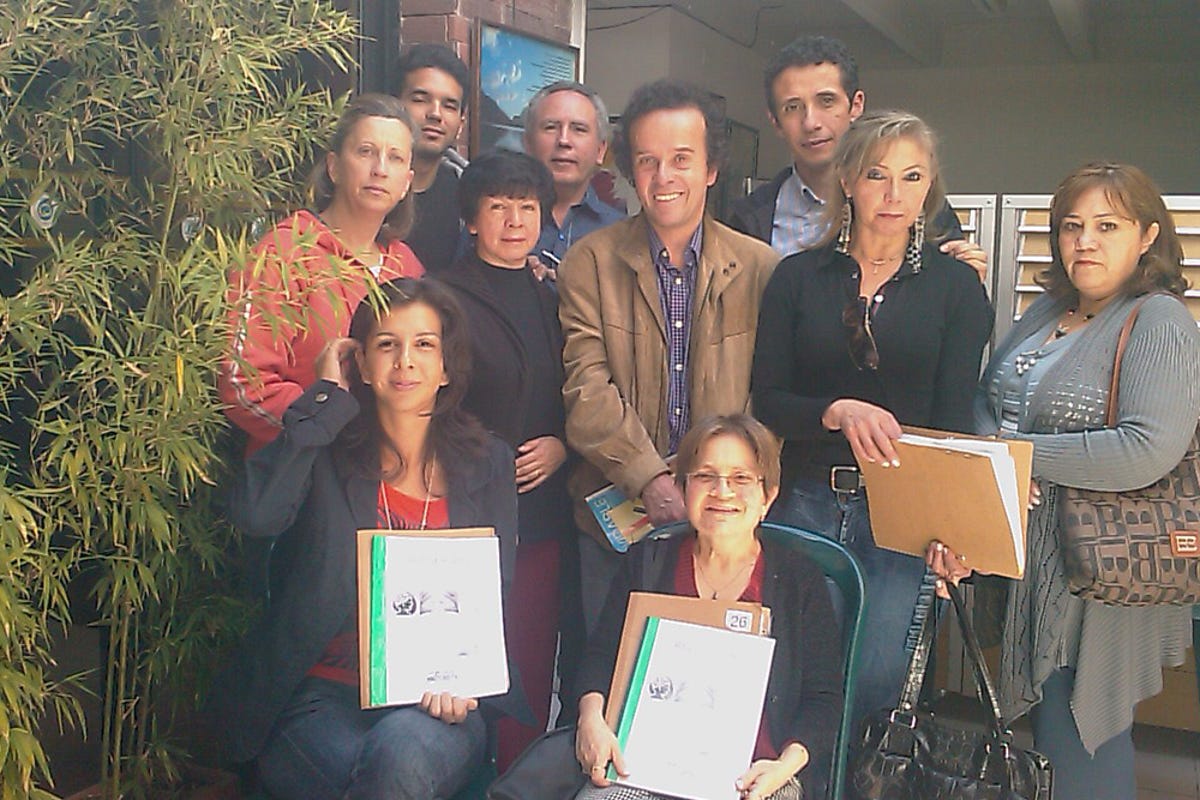
Respect the needs of the elderly
She started by writing the first volume of a book called Disfruta Recordando 1, which means ‘Enjoy Remembering’. It contains exercises specifically tested and developed for Alzheimer’s patients, with features such as colours and large letters to help them recognise and remember, ‘but without resembling a book for small children, which can make the patient feel anxious about what is happening to them,’ Elizabeth explains. Published in September 2011, it has since sold 300 copies: ‘that’s already 300 people getting help!’ The exercises stimulate orientation, calculation, memory and language, encouraging patients to write and to keep track of time – two faculties they can lose entirely – through repetitive daily actions which help to ground their memory. ‘The exercises are also designed to aid elderly sufferers in remembering important events in their lives, since losing these memories can be most distressing,’ says Elizabeth, who is preparing to launch a second volume in September 2012.
Studies have shown that mental stimulation might reduce the risk of Alzheimer’s disease and encourage cognitive capacities in patients during its progression. Almemories’ second products are two memory games using images more suited to elderly patients than those found in typical children’s games. One features photographs of famous people, the other photographs of animals. Released in April at a competitive price, 173 were sold in the first two months.
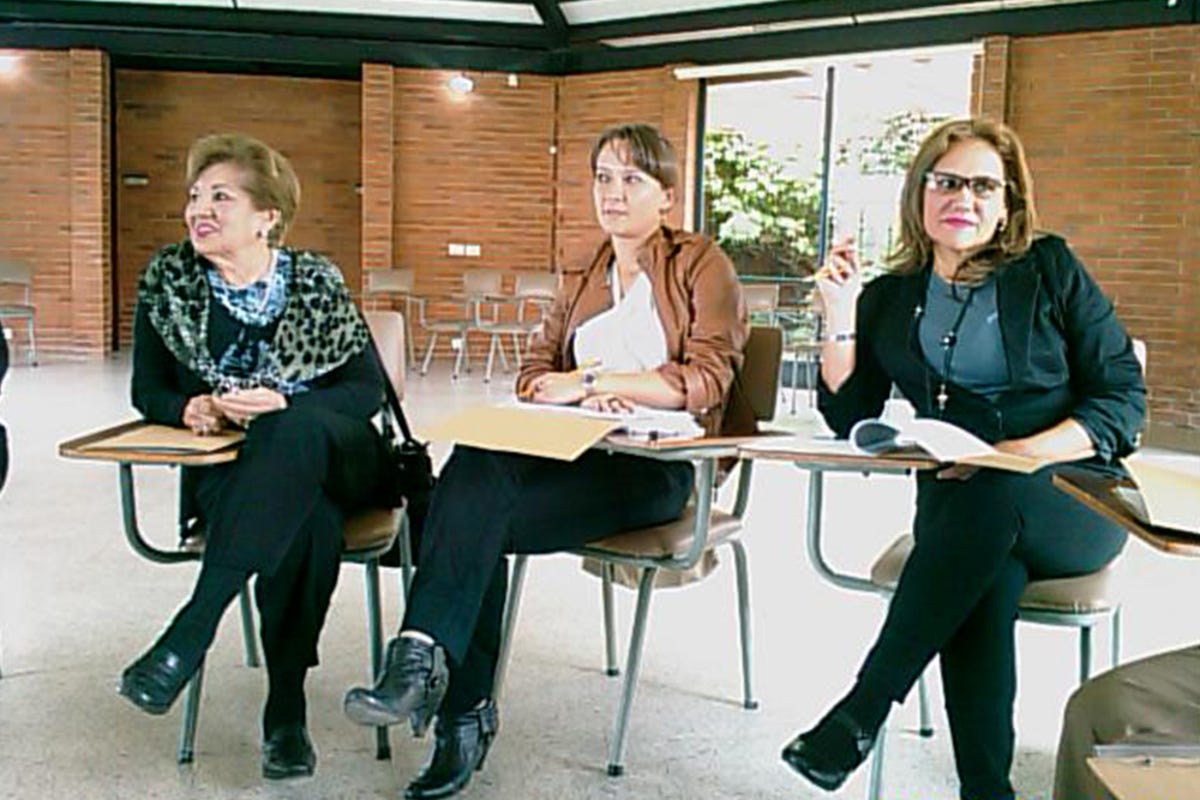
Campaigning for change
While these product lines are promising starts, Elizabeth will not rest until as many Alzheimer patients as possible are receiving the care they need and deserve. To achieve this goal and provide more solutions, she surveyed neurologists in major cities and established that day care centres and support for carers are considered to be key needs. Almemories has therefore developed a series of seminars for families and caregivers, held in Bogota and other main cities, for up to 20 people at a time. The first took place in February this year and drew 24 attendees. ‘Day care for Alzheimer’s is very expensive in Colombia: even to qualify for subsidised care you need to undertake legal action to certify that the patient cannot take care of himself.’ Lawyers are expensive, however, in a country with a minimum wage of US$350 per month. ‘Mostly the families have to take on the responsibility, but it’s a tremendous task.’
Her main goal is to heighten visibility of Almemories’ cause and solutions in order to raise more capital; for the next objective is to launch an Almemories day care centre, which can draw on its research, seminars and tools to provide affordable dedicated care and a place for patients and carers to socialise. With only 20 day care centres in Bogota and an estimated 300,000 sufferers in Colombia, there is good market potential. Elizabeth has been campaigning hard to develop her activity, canvassing health centres and producing publicity material to bring support to all those connected to the disease. As well as a business, Elizabeth’s initiative is a true labour of love.

